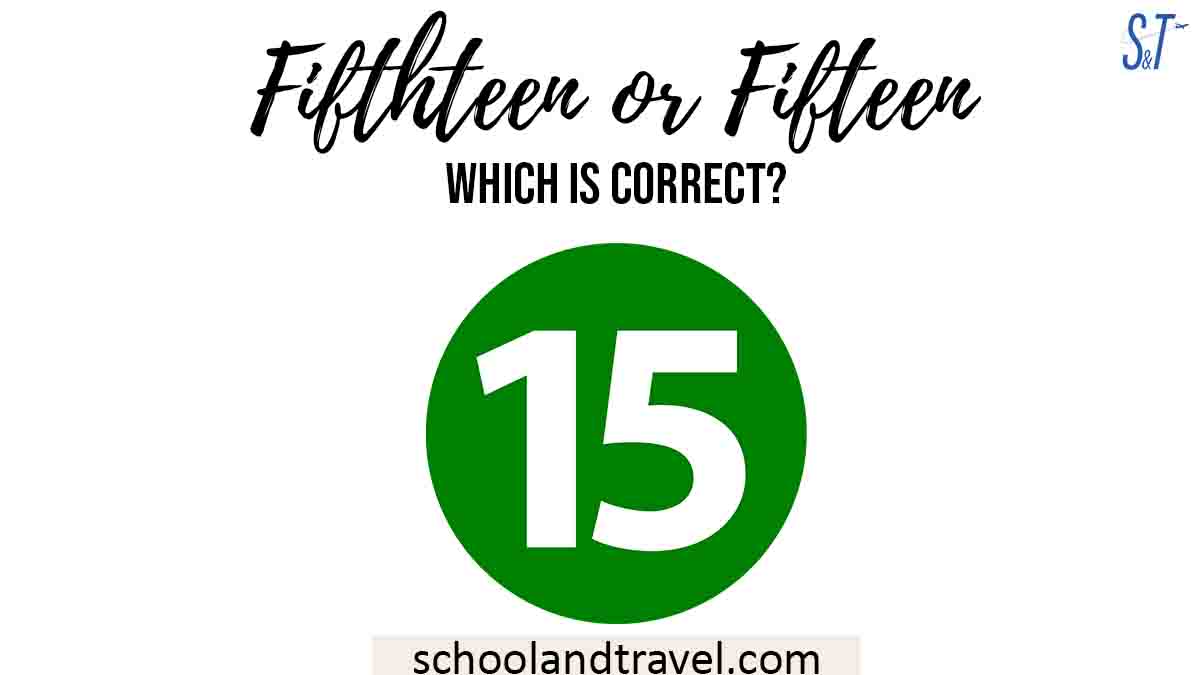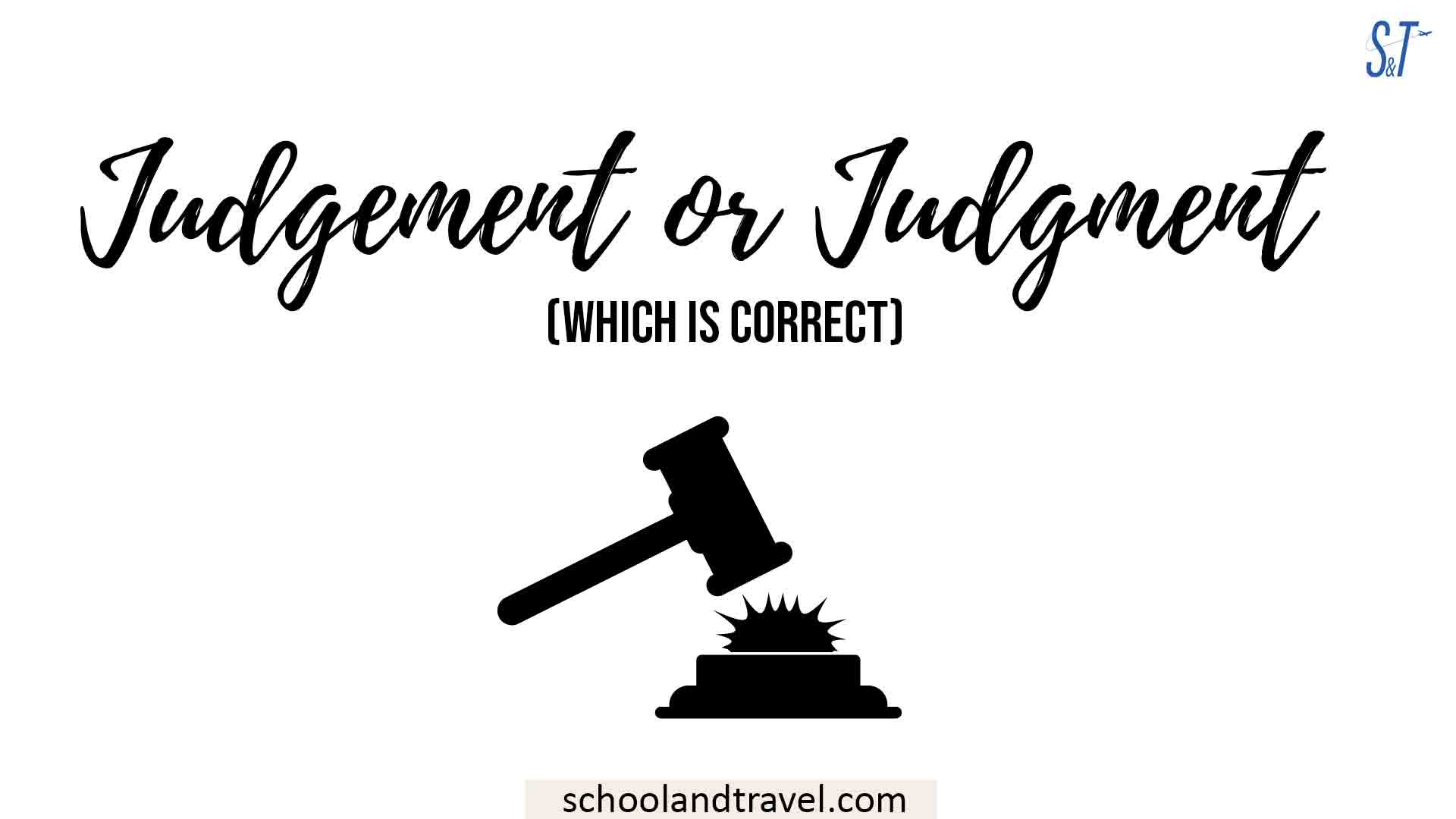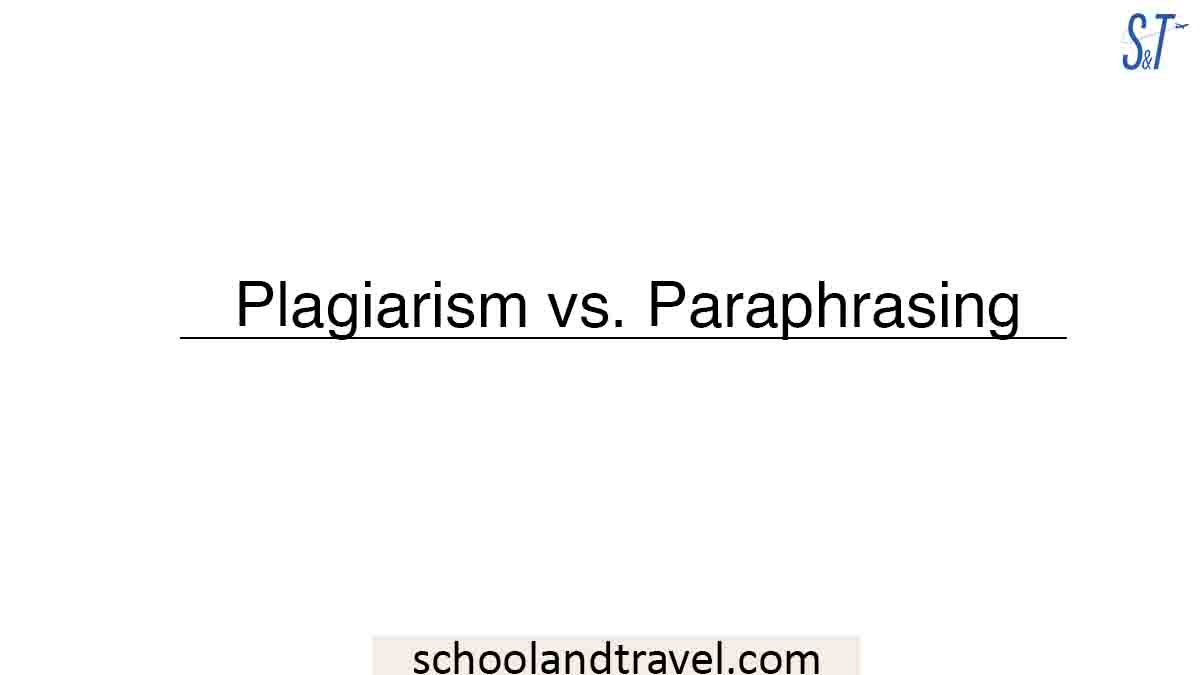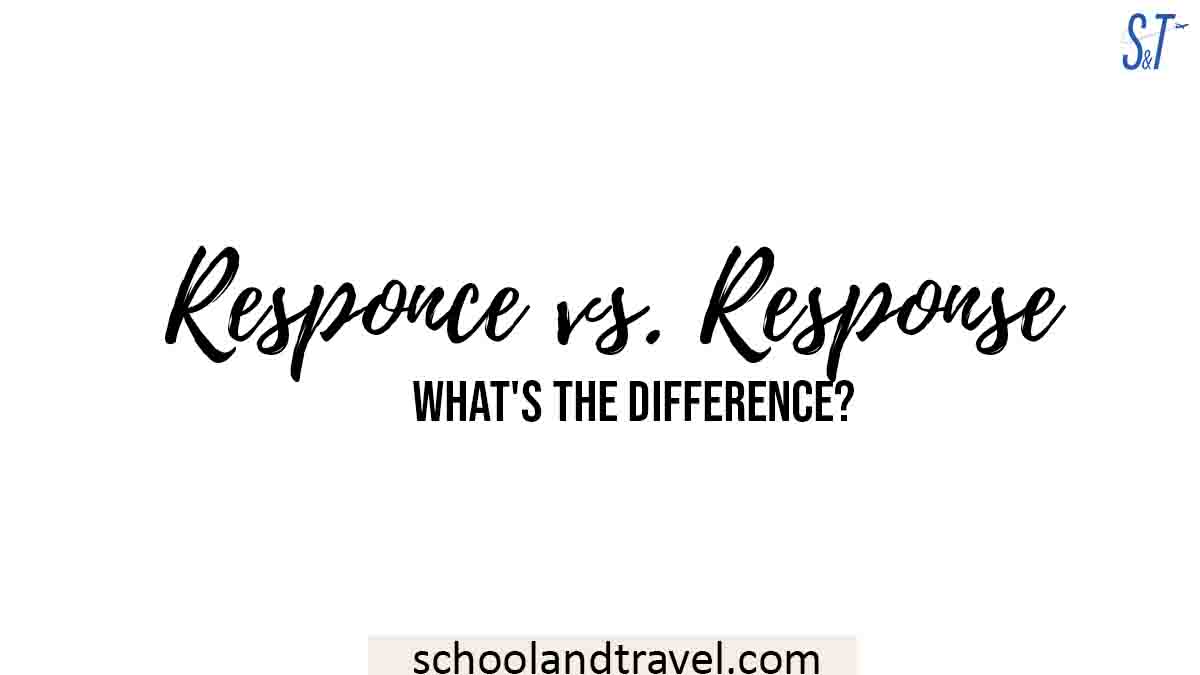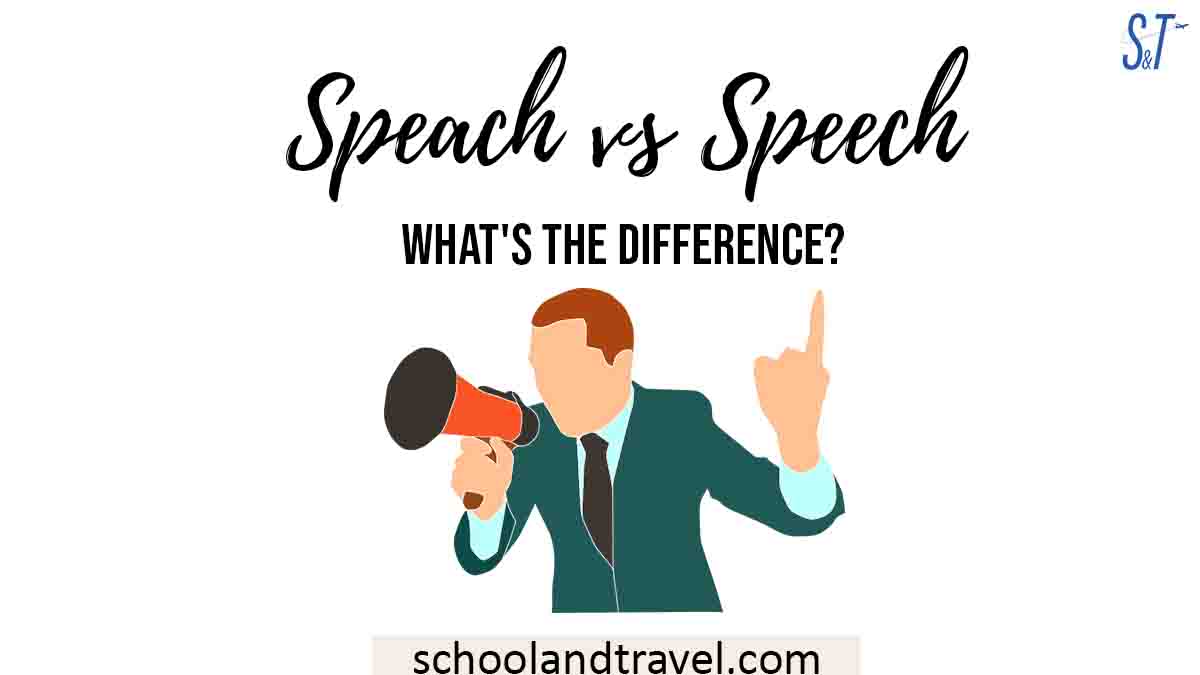School vs. Education are two terms that have been misidentified, misinterpreted, and misconceptualized.
They are often used interchangeably and thought to mean the same thing, but they are different.
Education is the process of gaining knowledge formally and informally, while schooling is simply going to school to learn.
From these definitions, schooling can be said to be a branch of education, but education is not a branch of schooling.
When most people talk about education, they are talking about schooling. They want their children to go to the best schools, get the best “education,” and go on to get good jobs.
This article will highlight a few differences in schooling vs. education.
What is Schooling?
Schooling is simply the process of learning or being taught within the four walls of a classroom or school. It is the process of receiving “education” or acquiring knowledge formally.
Here, the services of a teacher or lecturer are needed to instruct a group of people called pupils or students.
The teacher teaches them, considering their academic strengths and what they are supposed to know according to the curriculum, and at the end of the term, they take exams or tests.
In schooling, students move from level to level depending on how much they pass their exams or tests.
Read this: How many Colleges should I apply to? Quick Answer
What is Schooling in Education?
“Schooling” in education refers to the formal process of instruction and learning in an institutional setting, such as a primary school, secondary school, or university.
It typically involves a structured curriculum, trained educators, and an organized environment where students learn specific subjects and skills.
Schooling is a subset of education, representing the formal, organized aspects of the broader educational experience.
While “education” encompasses all how individuals learn and grow throughout their lives (including informal and non-formal means), “schooling” is specifically the structured and institutionalized part of this process.
Reason Why School Is Important
1. School creates socialization:
Schools provide most children the earliest opportunities to interact with peers outside the home.
As a result, they improve at communicating with others, paying attention in class, and solving issues independently.
Young children can benefit greatly from a solid groundwork in these social skills.
Teachers and other adults have to foster positive relationships among students. Furthermore, they need to deal with problems like bullying.
2. School teaches future goals:
The educational experience exposes children to several fields of study. It’s not uncommon for learners to feel a profound affinity for some material.
They can delve deeper into topics of interest, individually or as part of a group.
The students plan for the future and think about their potential profession. Any student can achieve their goals and pursue their interests with the help of their teachers.
3. School builds confidence:
Self-confidence in oneself and one’s abilities is essential for maintaining a healthy self-worth.
Those who lack self-assurance are easier to take advantage of and more susceptible to emotional distress. Children have early chances to develop self-assurance in a school environment.
They grow more assured of their talents by acquiring literacy skills such as reading, writing, and mathematics. A teacher’s influence in this situation is crucial.
Given that many students experience difficulty in one or more areas of study, it is their responsibility to recognize and appreciate even the smallest of victories.
What is Education?
Education is a lifelong process of learning and acquiring knowledge. It involves developing the ability to think, create, solve, understand, learn, act, and question. It also involves the development of the mind and character.
Education doesn’t deal only with learning or knowledge. It involves inculcating values, manners, and building habits. It prepares someone to face life and improves comprehension and encompassing.
Types of Education:
Education can be formal or informal and can happen anywhere, anytime.
1. Informal education
Informal education can be seen when parents or guardians teach children to talk, write, read, greet, be respectful, do chores, etc.
It can also be seen when children learn to do things and solve problems independently.
Informal education also includes online learning, self-learning, reading books, learning from friends, learning from life experiences and situations, and seminars.
2. Formal education
The term “formal education” describes a systematic approach to learning that begins with preschool (or earlier) and continues through higher education with specialized technical and professional development tracks.
Structured or synchronous learning are two more names for formal education. Teaching in a traditional classroom setting, online courses, remote labs, eLearning, workshops, seminars, and webinars are all types of formal education.
Formal education includes “schooling” at primary, secondary, and tertiary levels. It also includes graduate schools.
Read this: Internships for High School Students you can’t afford to miss
Reason Why Education Is Important
1. Education encourages critical thinking:
Students learn to think critically about life in general. These abilities can be used in any aspect of life, from professional to personal interactions.
2. Education strengthens societies:
For many individuals, their education becomes a vital social network. It could be the only place some people ever feel comfortable being themselves.
Having a sense of community and being a part of something greater than oneself is crucial for kids.
They will have a sense of belonging and security, motivating them to continue their community-building efforts when they graduate.
Differences Between Education And School
| Feature | School | Education |
|---|---|---|
| Definition | An institution where instruction is given, especially to young people. | The process of receiving or giving systematic instruction. |
| Scope | Limited to a specific environment and curriculum. | Broad and can occur in various settings, formal and informal. |
| Duration | Typically has a set duration (e.g., K-12, college years). | Lifelong – can be acquired at any age or stage. |
| Methodology | Structured, often standardized curriculum. | Can be structured or unstructured. Varies widely. |
| Evaluation | Regular assessments, grades, and feedback. | Not always assessed; can be self-directed. |
| Settings | Classroom, laboratories, or specific educational institutions. | Everywhere – classrooms, homes, workplaces, online, life experiences. |
| Objective | To provide a specific set of knowledge and skills, often leading to a degree or certificate. | Overall personal and intellectual development, skill acquisition. |
| Dependence on Instructors | Highly dependent on teachers and instructors. | Can be independent or dependent on mentors, instructors, or self-learning. |
| Flexibility | Often follows a strict timetable and calendar. | Can be pursued at one’s own pace and interest. |
| Influence | Primarily influenced by policies, governments, and institutional decisions. | Influenced by individual needs, society, culture, and personal experiences. |
Detailed Differences Between School and Education
1. Nature:
- School: A structured, tangible institution. Schools function within boundaries, set routines, regulations, and a designated environment facilitating learning and interactions.
- Education: An expansive, intangible journey of growth. While formal schooling is a part, education embodies broader avenues of learning and self-exploration throughout one’s lifetime.
2. Methodology:
- School: Operates on a standardized framework, utilizing prescribed textbooks, regimented lesson plans, and a systematic evaluation mechanism. Emphasis is largely on a linear, objective approach.
- Education: Rich, diverse, and encompassing myriad avenues. It can emerge from experiential learning, digital platforms, personal introspection, cultural exchanges, and limitless other experiences.
3. Facilitators:
- School: Driven by trained educators like teachers, professors, and facilitators, who disseminate knowledge, mentor, assess, and play pivotal roles in students’ academic journeys.
- Education: A multifaceted journey steered by myriad influencers – parents, mentors, peers, authors, online educators, and even strangers, all contributing uniquely to an individual’s learning.
4. Freedom & Flexibility:
- School: Often constricted by time-bound schedules, academic calendars, set syllabi, and administrative guidelines, making it a regulated learning environment.
- Education: Boasts vast horizons offering boundless flexibility. Individual pursuits, curiosity-driven explorations, and self-paced modules reflect its adaptive nature.
5. Purpose & Outcome:
- School: Guided by measurable objectives: acquiring specific grades, mastering set curricula, or obtaining diplomas, societal benchmarks of academic success.
- Education: Dynamic in objectives. It caters to personal enrichment, understanding societal dynamics, fostering critical thinking, cultivating passions, and molding informed worldviews.
6. Environment:
- School: Predominantly held within the confines of classrooms, auditoriums, and physical campuses, fostering a sense of community and structured interaction.
- Education: Ubiquitous in essence. Beyond school walls, it thrives in parks, cafes, virtual forums, during travel, familial gatherings, and even in solitude.
7. Duration:
- School: Defines a stipulated time frame, marked by distinct milestones like enrollment, progression, and graduation, signaling different academic phases.
- Education: Perpetual and evolving, seamlessly intertwined with life’s continuum. Every moment, triumphant or challenging, contributes to the educational journey.
8. Validation:
- School: Validation is institutional. It’s channeled through scorecards, certificates, and accolades, often determining academic and sometimes societal standing.
- Education: Inherently personal and varied. Achievements might be self-realizations, acquired skills, or personal growth, not always needing external endorsements.
Detailed Similarities Between School and Education
1. The objective of Knowledge Acquisition:
- School: Schools systematically provide foundational knowledge, focusing on critical thinking, reasoning, and cognitive skill development across multiple disciplines.
- Education: A holistic approach to understanding the world, education’s core objective remains knowledge enhancement, catering to diverse learning styles and individual inclinations.
2. Personal Development:
- School: Apart from academia, schools emphasize emotional intelligence, resilience, and adaptability, honing students into well-rounded individuals for society.
- Education: Encompassing more than just facts, education shapes attitudes, values, and beliefs, ensuring an individual’s growth aligns with societal and personal well-being.
3. Structured Learning:
- School: Offering organized lessons, clear guidelines, and progression paths, schools ensure sequential learning, allowing depth and breadth in subject matters.
- Education: Even in expansive settings, structured modules, syllabuses, or guidelines in formal education ensure systematic progression and comprehensive understanding.
4. Role of Instructors:
- School: Educators equipped with pedagogical expertise mentor students, tailor lessons, and provide a conducive environment for optimal learning experiences.
- Education: In diverse educational landscapes, facilitators, whether seasoned experts, peers, or digital platforms, drive knowledge dissemination and experiential learning.
5. Social Interaction:
- School: Schools act as social microcosms, teaching cooperation, negotiation, and empathy, enabling students to navigate larger societal frameworks effectively.
- Education: Beyond solitary learning, education thrives on collective wisdom, fostering group endeavors, collaborative projects, and shared knowledge platforms.
6. Continuous Evaluation:
- School: Through detailed feedback mechanisms, schools pinpoint strengths and areas of improvement, shaping pedagogical strategies for enhanced outcomes.
- Education: The broader realm of education emphasizes introspective evaluations, peer reviews, and tangible results, ensuring knowledge application and retention.
7. Encouragement of Curiosity:
- School: Teachers nurture an environment where inquiry is welcomed and exploration is rewarded, stimulating a student’s natural thirst for knowledge.
- Education: The backbone of education is an innate curiosity, pushing boundaries, challenging established norms, and seeking understanding beyond surface levels.
8. Foundation for Professional Growth:
- School: Through specialized subjects and vocational training, schools lay the groundwork for future academic pursuits and career aspirations.
- Education: Spanning life’s entirety, education equips individuals with adaptable skills, ensuring they navigate evolving professional landscapes with agility and competence.
9. Moral and Ethical Instruction:
- School: Through subjects like civic education, schools instill a strong sense of righteousness, societal responsibilities, and ethical decision-making.
- Education: In its broadest sense, education enlightens individuals on global ethics, moral compasses, and the intricate balance of rights and duties.
10. Adaptability:
- School: In this rapidly changing era, schools actively reform their practices, integrating technological advancements and addressing contemporary societal challenges.
- Education: Reflecting societal shifts, global challenges, and technological revolutions, education remains fluid, ensuring relevancy and applicability in ever-evolving contexts.
FAQs on Schooling vs. Education
The primary goal of public education in the United States is to help each student grow into an ethical, creative, and productive member of society.
edu
Private School Satellite Programs
Personalized Learning Planning Process
Final tips:
School vs. Education will make you more focused as you study in college. It will help you manage your time and engage in extra and co-curricular activities to boost your self-esteem.
Schooling alone will not get you where you want to be because the school will not teach you self-development, leadership, critical thinking, and time management, but education through books will expose you to these pros of life.
Awesome one; I hope this article answers your question.
Editor’s Recommendations:
- How To Get Rid Of iboss On School Chromebook (FAQs)
- How To Play Games On A School Chromebook (FAQs)
- 13 Fun Games To Play On School Chromebook (FAQs)
- 15 Games you can play on your school Chromebook (FAQs)
- 20 Best Free Unblocked Game World Sites (FAQs)
- 10 Best Laptops For Online Teachers (FAQs)
- 5 Top Games That Are Not Blocked By Schools (FAQs)
If you find this article good, please share it with a friend.


